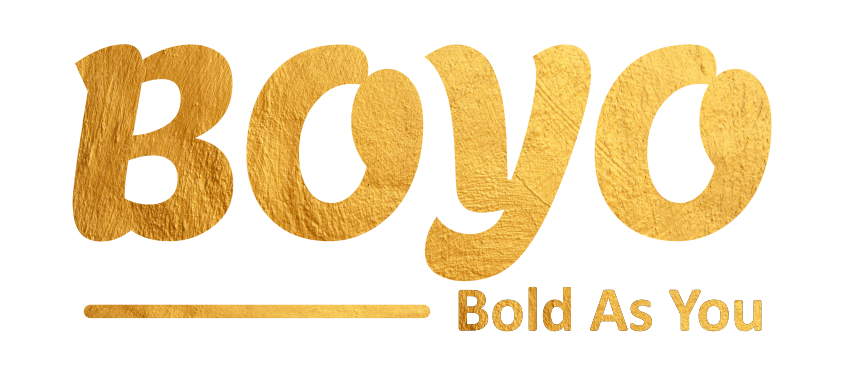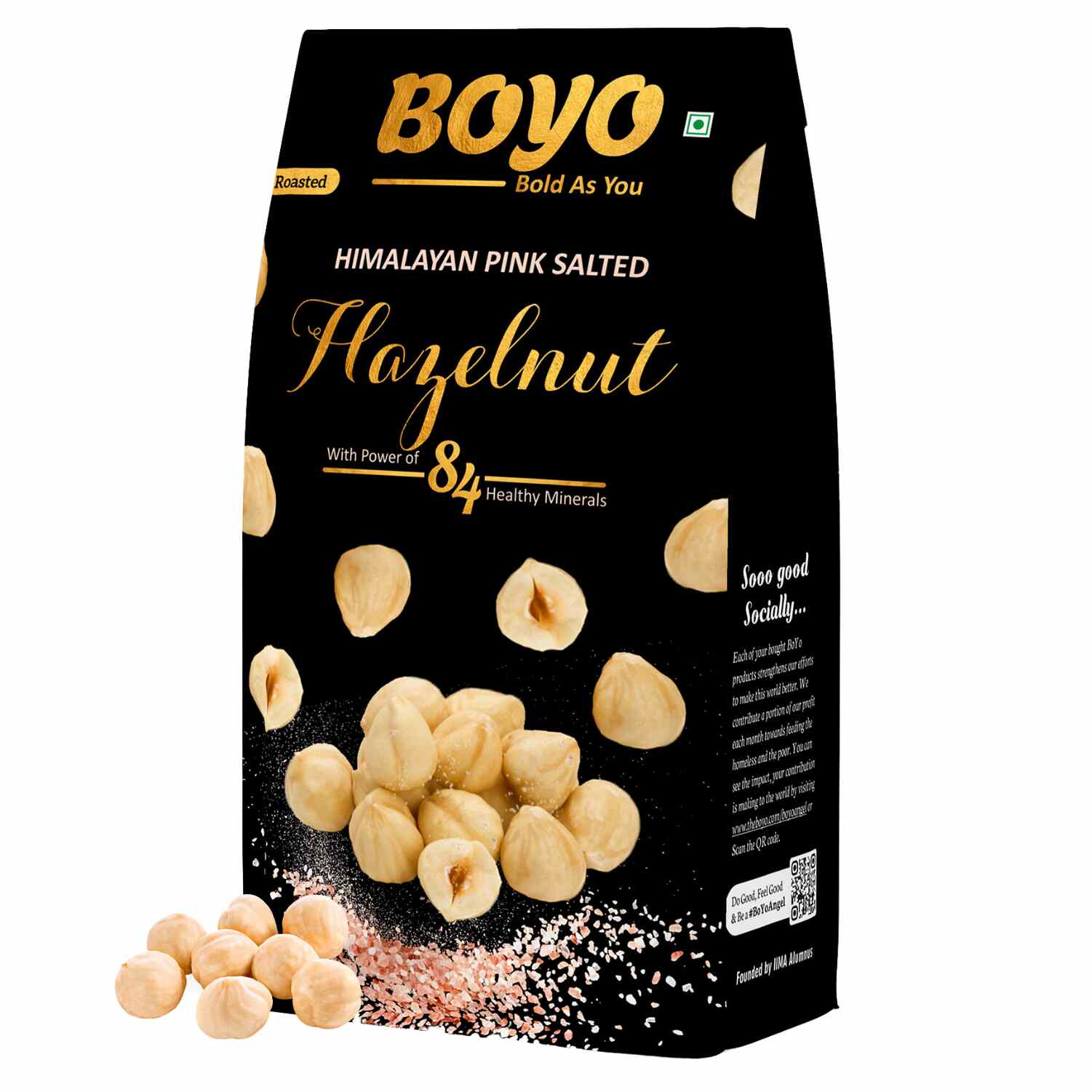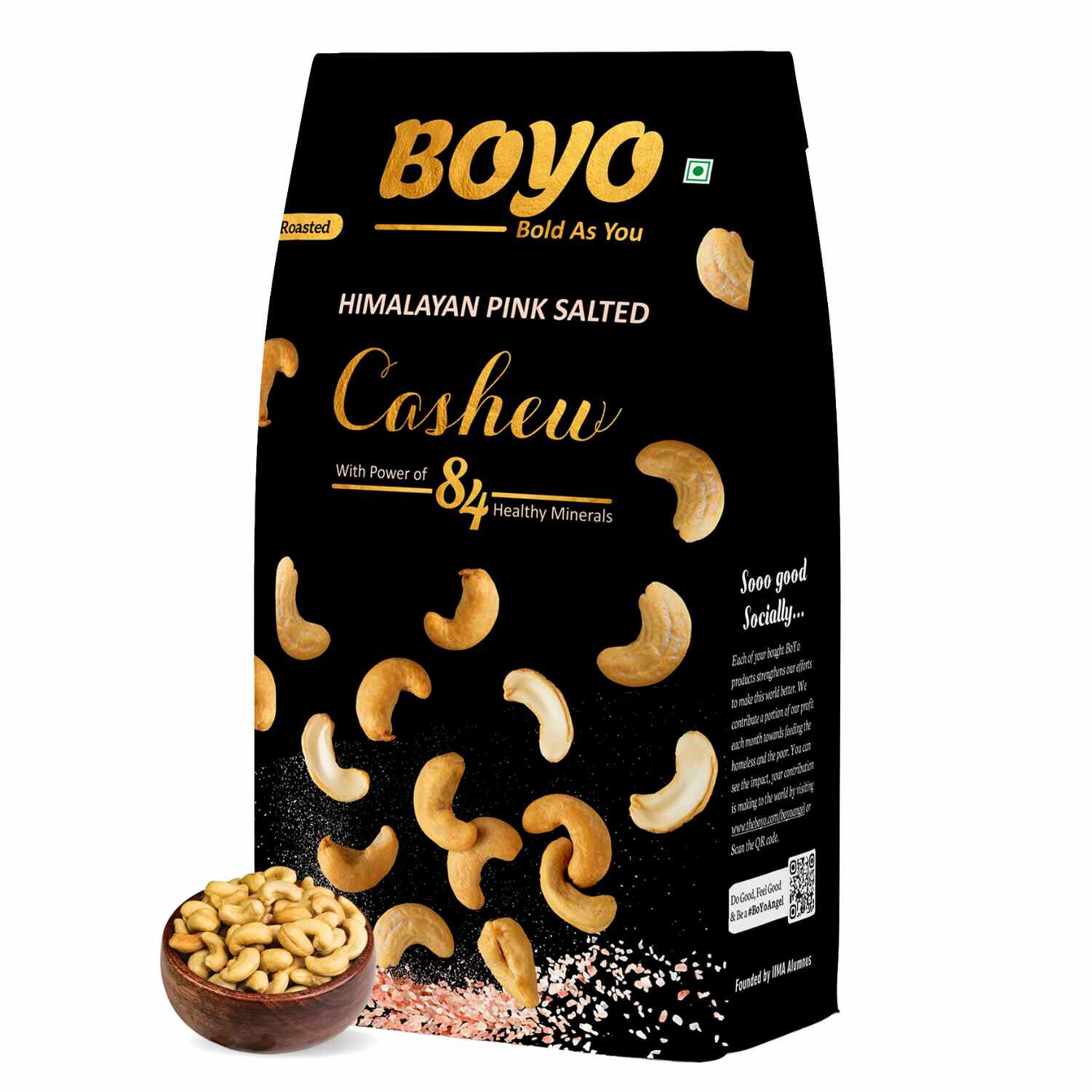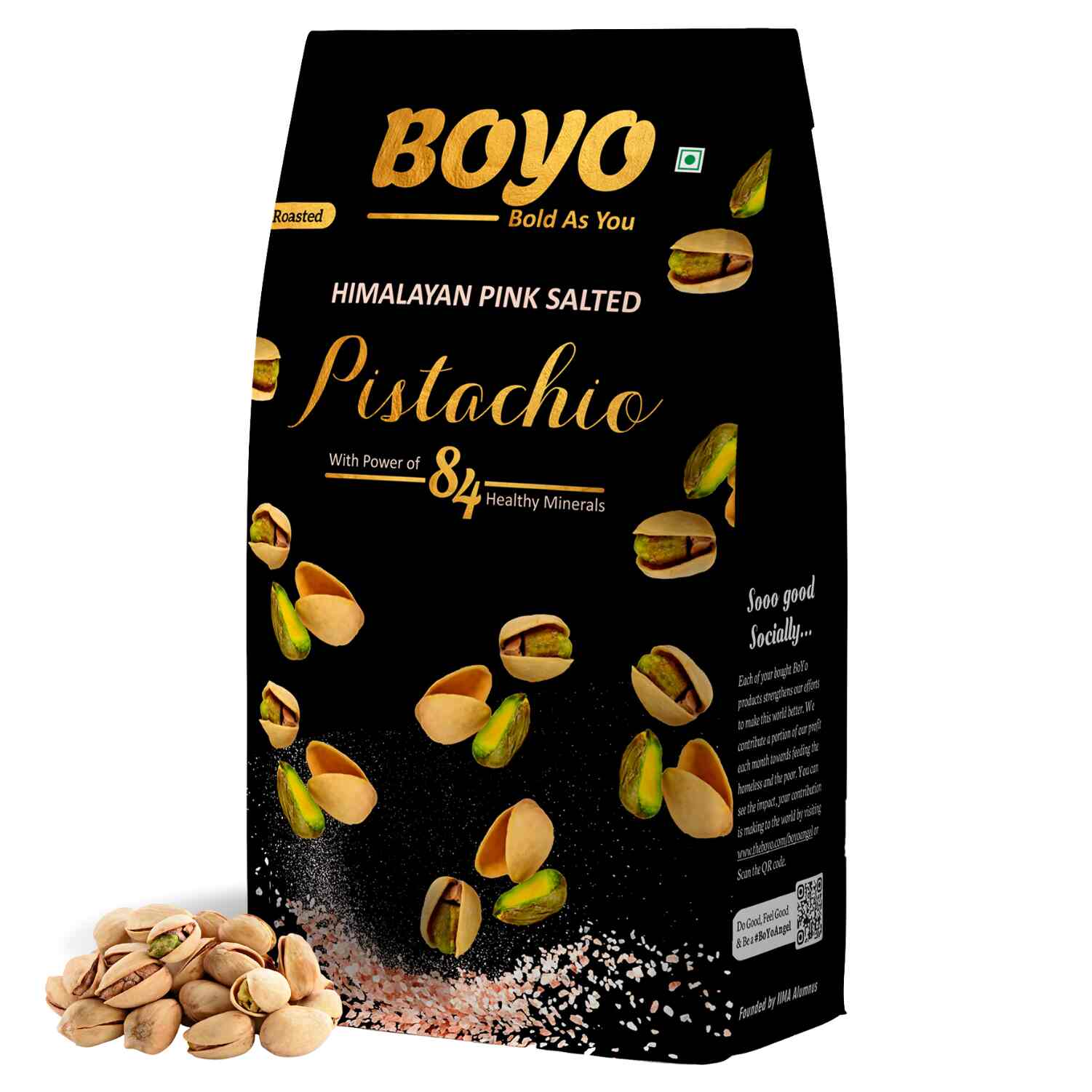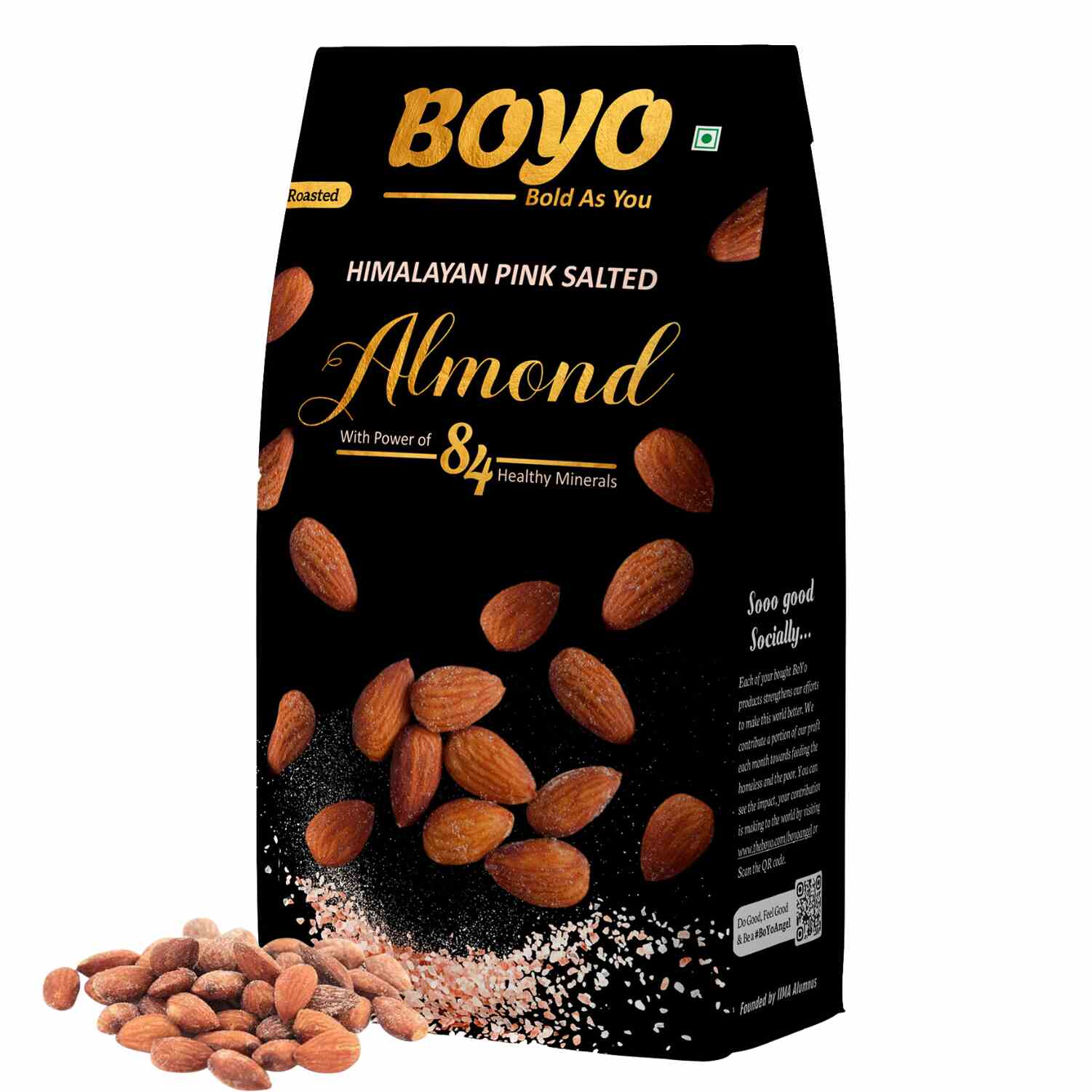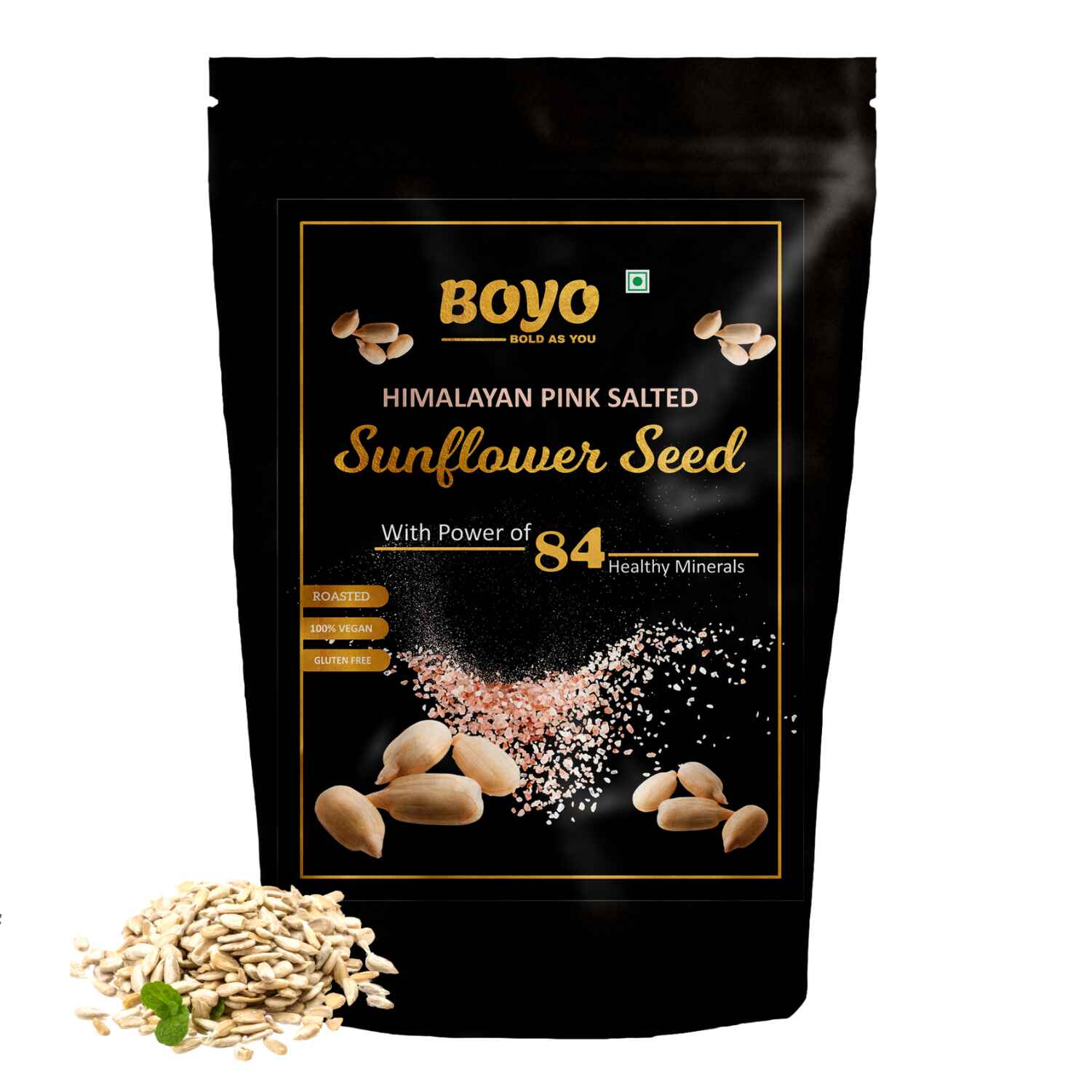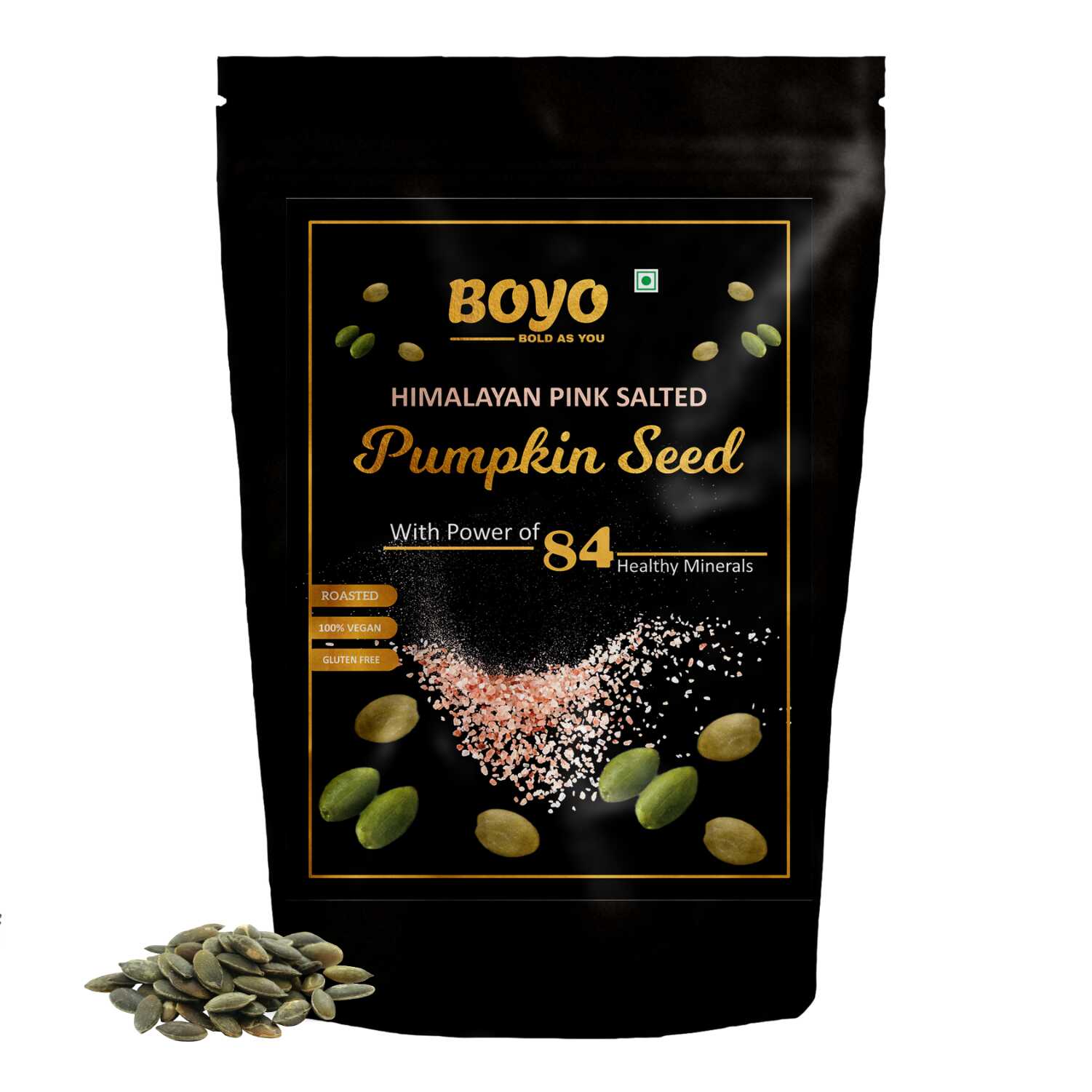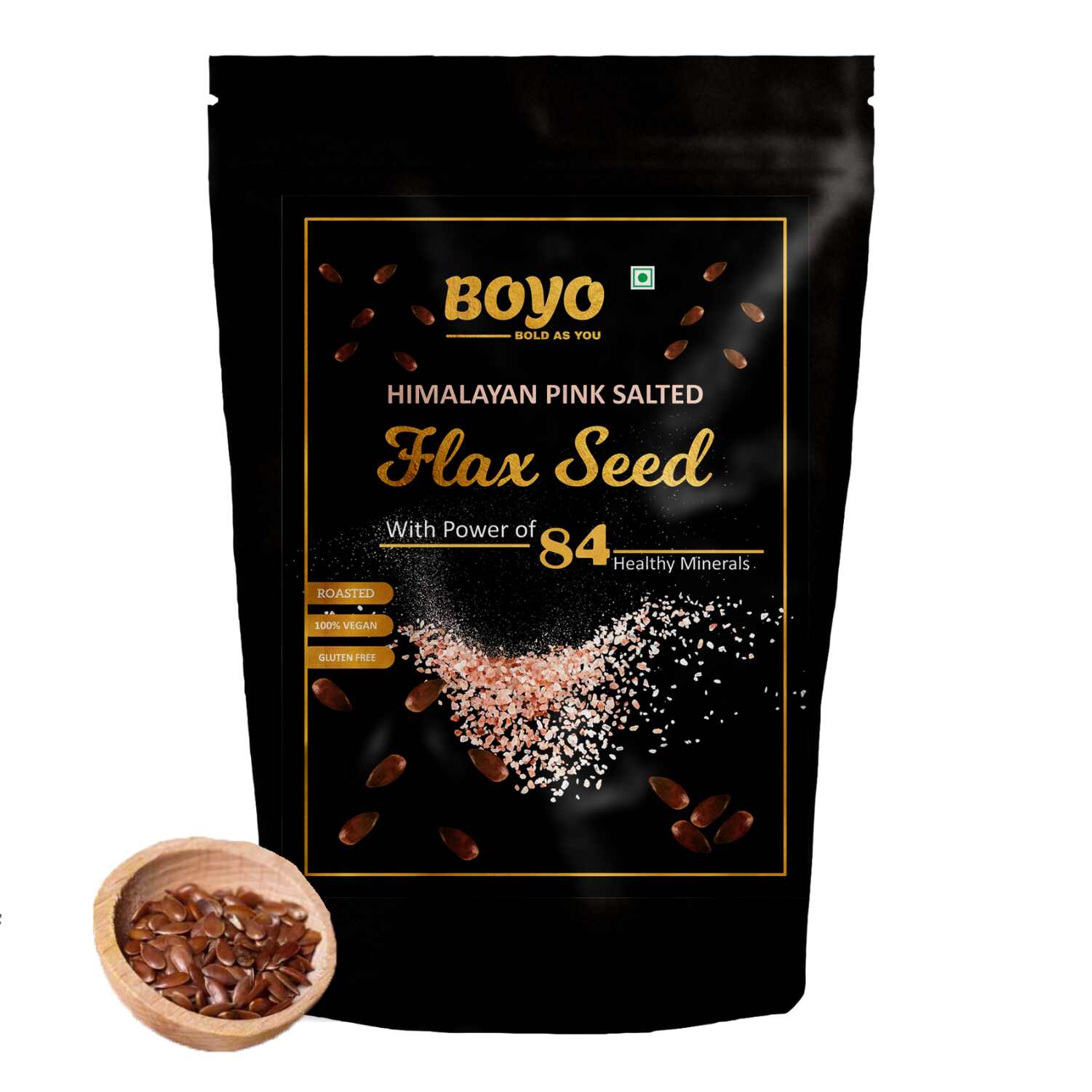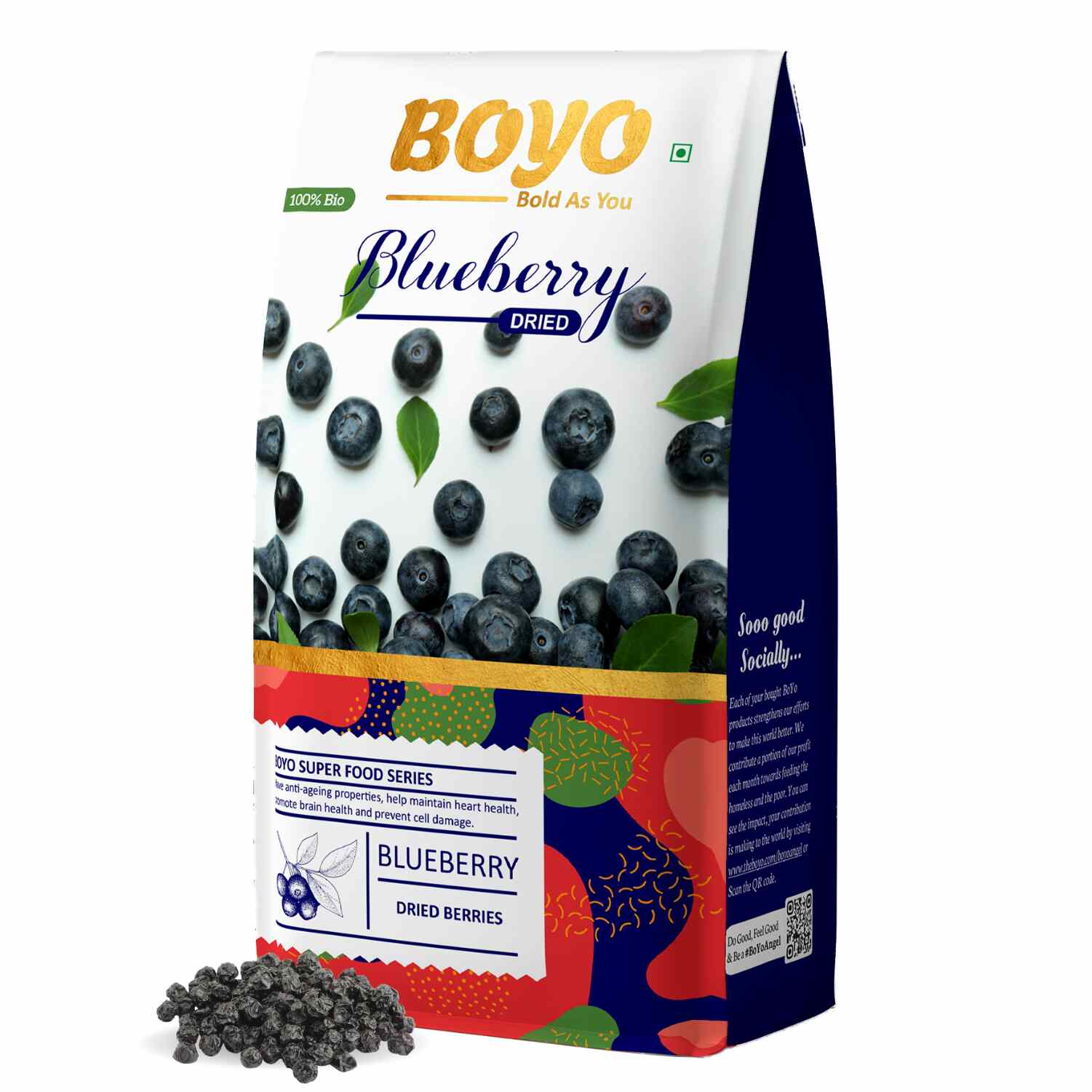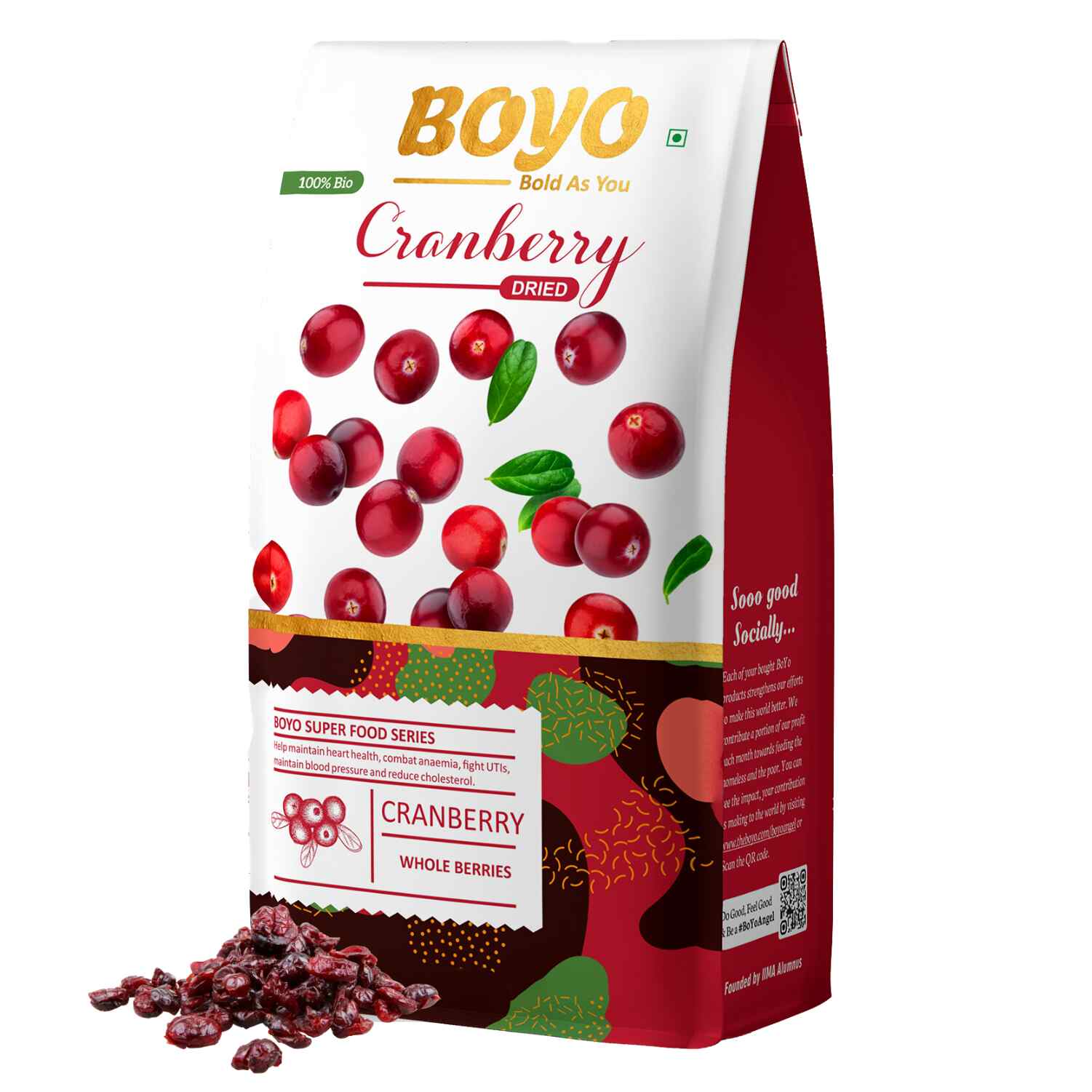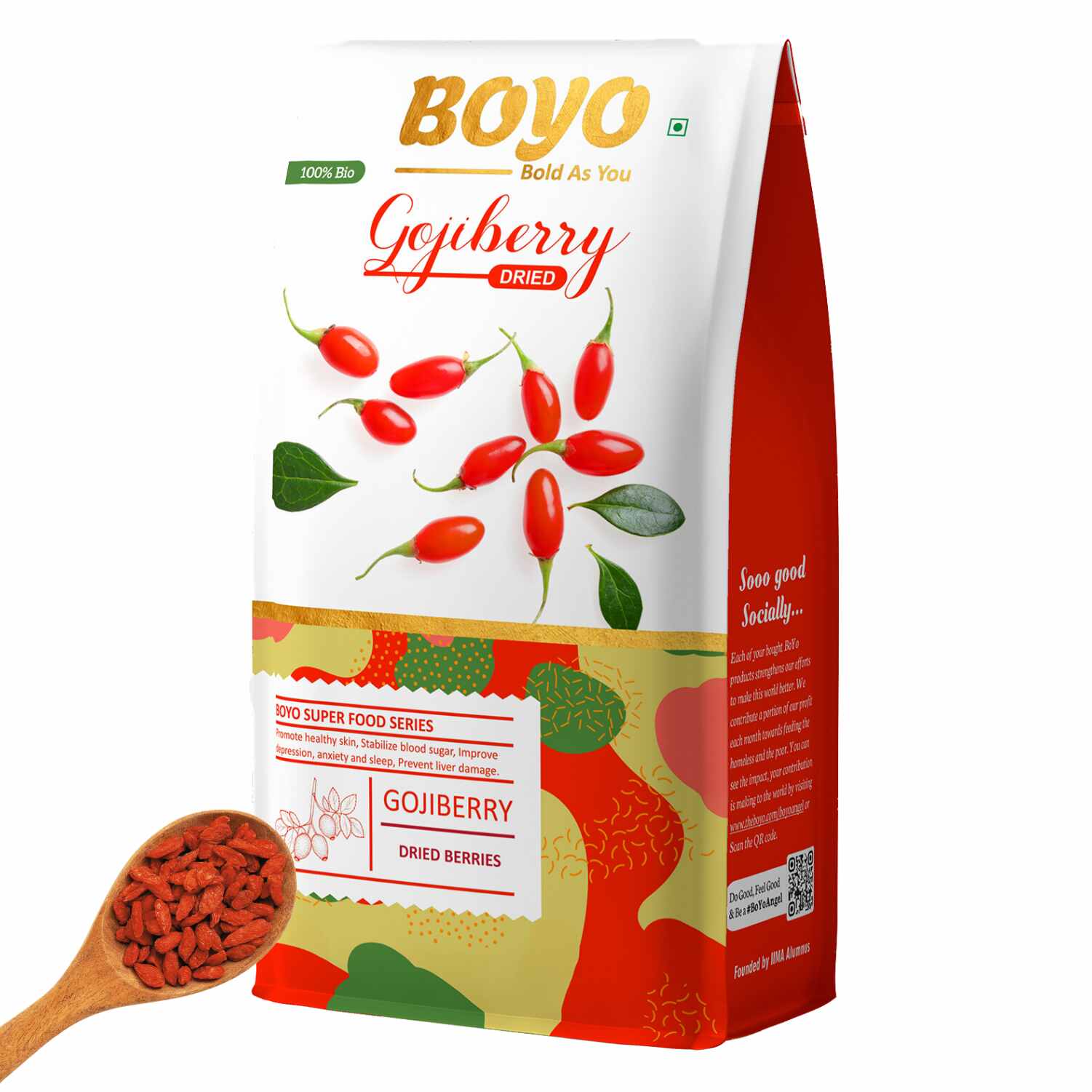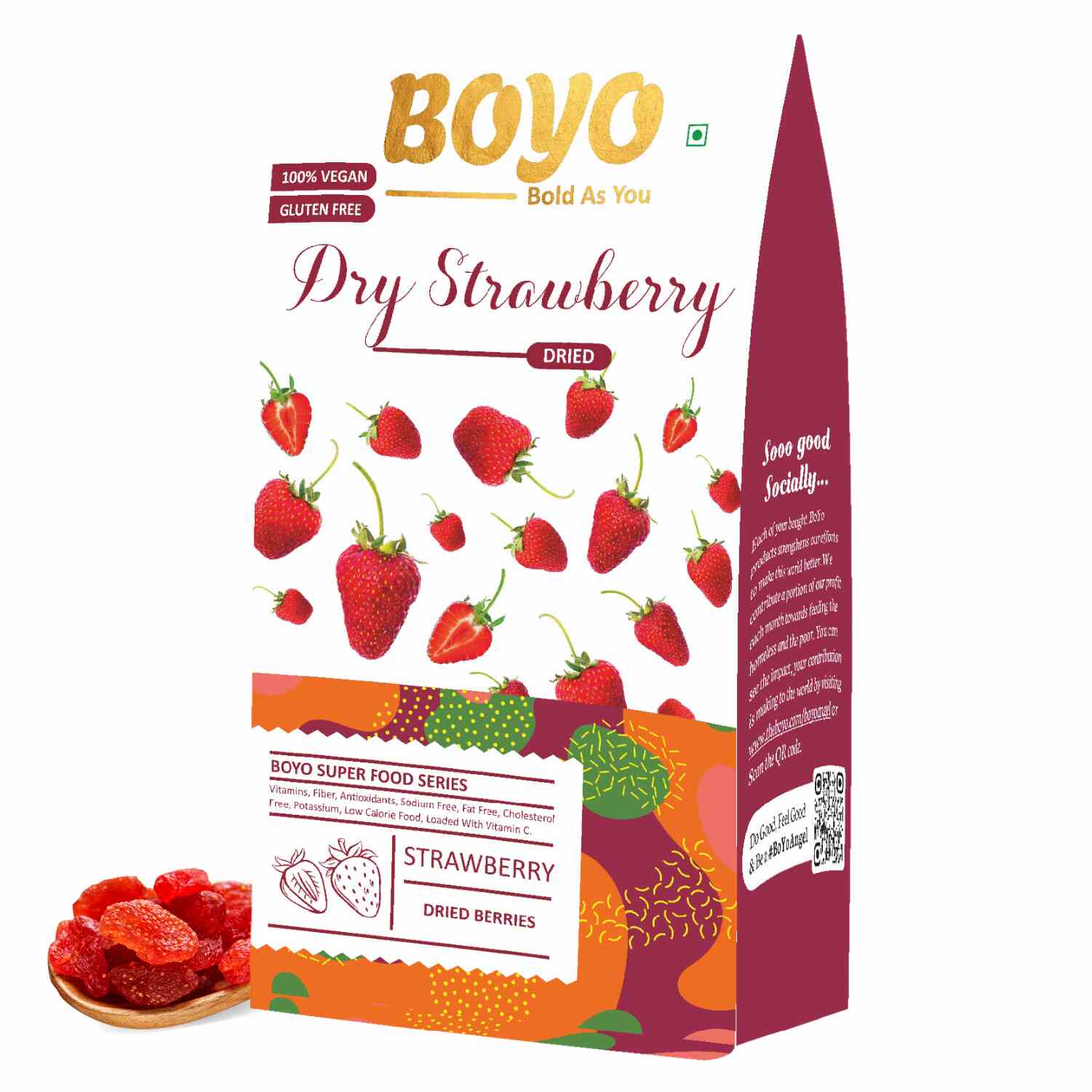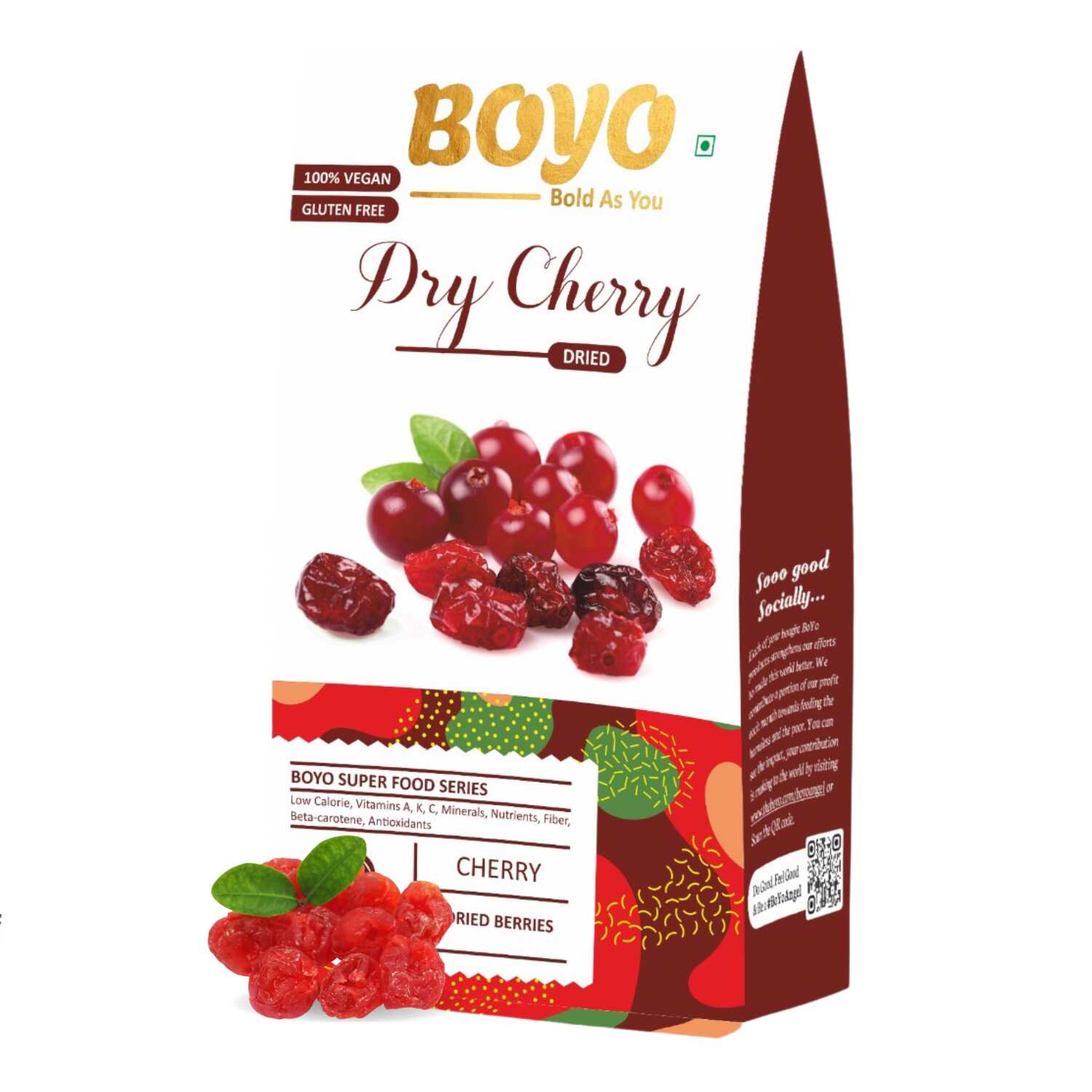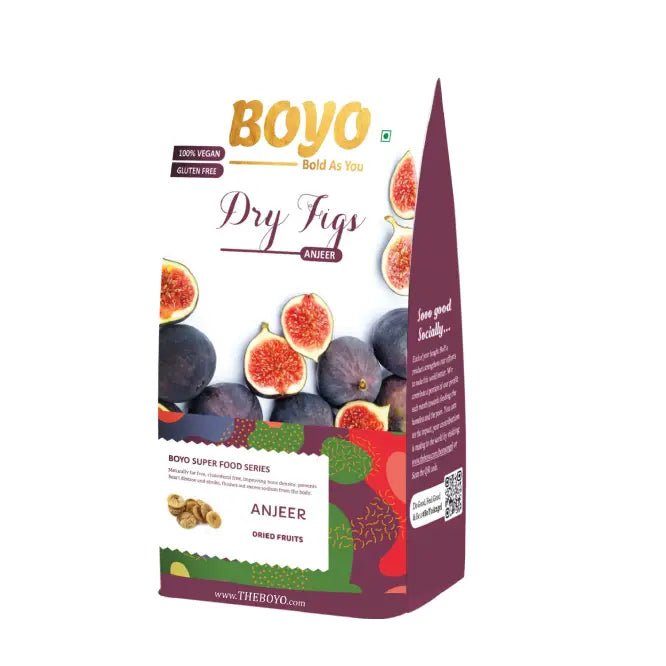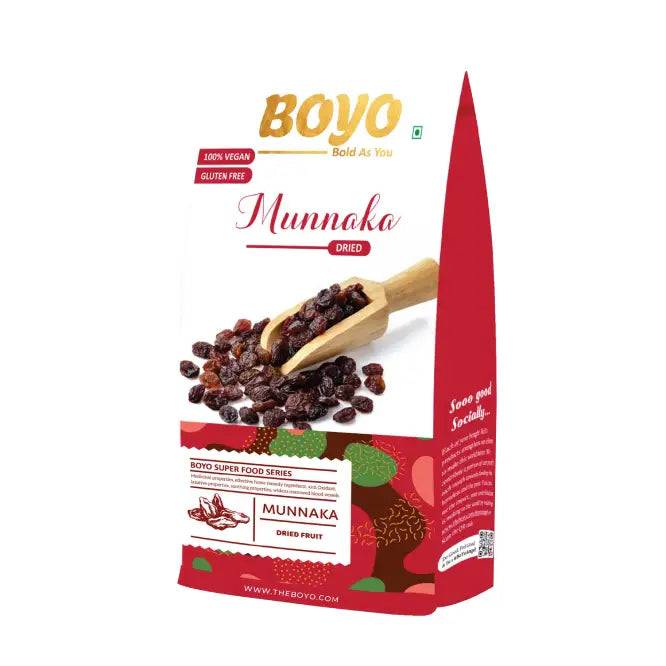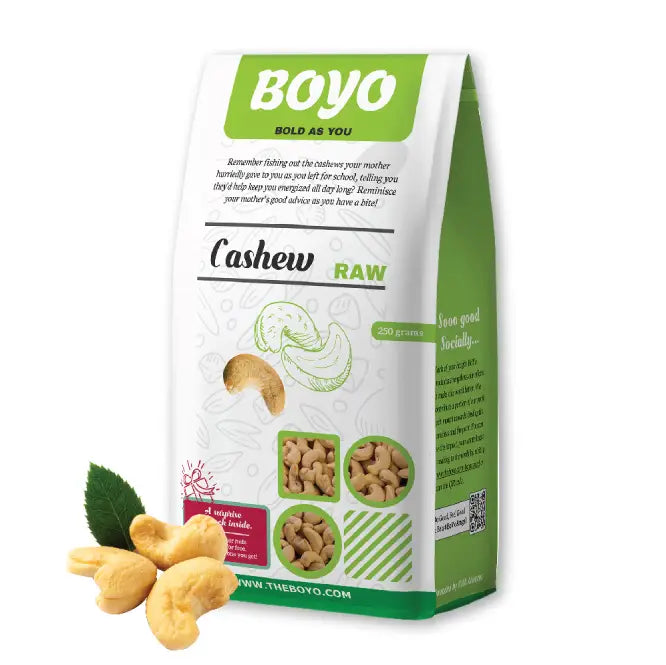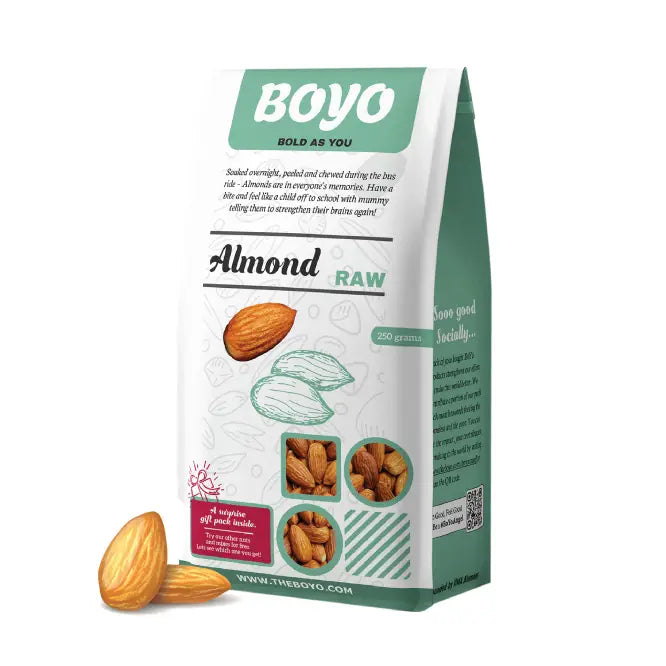Dried Omani Dates: A Nutritional Treasure from Oman
Dried Omani dates are renowned for their unique flavor, rich nutritional profile, and cultural significance. Originating from the fertile lands of Oman, these dates are a staple in Middle Eastern cuisine and are cherished for their sweetness and versatility. This guide explores why Dried Omani dates are a must-have in your diet, their numerous health benefits, nutritional facts, and answers to common questions about this delicious fruit.
Why Choose Dried Omani Dates?
Superior Quality-Omani dates are cultivated in ideal conditions with meticulous care, ensuring they are of the highest quality. The dates are handpicked at the peak of ripeness and dried naturally to preserve their nutritional value and flavor.
Unique Flavor-Omani dates have a distinct, rich sweetness with a slightly caramel-like taste that sets them apart from other varieties. Their soft, chewy texture makes them an enjoyable snack.
Nutritional Powerhouse-These dates are not just tasty but also packed with essential nutrients, making them a healthy addition to any diet.
Health Benefits of Dried Omani Dates
1. Rich in Nutrients
Omani dates are loaded with essential vitamins and minerals, including vitamins B1, B2, B3, and B5, as well as A1 and C. They are also high in potassium, magnesium, and iron.
2. Energy Boost
Thanks to their natural sugars—glucose, fructose, and sucrose—dried dates provide a quick and sustained energy boost, making them ideal for athletes and active individuals.
3. High in Fiber
The high fiber content in dates aids in digestion, promotes regular bowel movements, and can help prevent constipation.
4. Antioxidant Properties
Dates contain several antioxidants, such as flavonoids, carotenoids, and phenolic acid, which help reduce inflammation and protect the body against free radicals.
5. Supports Heart Health
Dates are rich in potassium and magnesium, which are crucial for maintaining heart health by helping to regulate blood pressure and reduce the risk of cardiovascular diseases.
6. Promotes Bone Health
The minerals found in dates, including calcium, phosphorus, and magnesium, are vital for maintaining strong and healthy bones.
7. Improves Brain Function
Antioxidants in dates may help reduce inflammation and oxidative stress in the brain, potentially lowering the risk of neurodegenerative diseases.
Nutrition Facts as Per 100 gm
Here are the nutritional values for 100 grams of dried Omani dates:
-
Calories: 277 kcal
-
Carbohydrates: 75 g
-
Dietary Fiber: 7 g
-
Sugars: 66 g
-
Protein: 2 g
-
Fat: 0.2 g
-
Potassium: 696 mg
-
Magnesium: 54 mg
-
Calcium: 64 mg
-
Phosphorus: 62 mg
-
Iron: 0.9 mg
-
Vitamin B6: 0.2 mg
Questions About Omani Dates
1. Are Omani dates good for digestion?
- Yes, the high fiber content in Omani dates aids in digestion, helps maintain regular bowel movements, and can prevent constipation.
2. Can I eat dates if I have diabetes?
- While dates are high in natural sugars, they have a low glycemic index. Diabetics can consume dates in moderation, but it's important to monitor blood sugar levels and consult with a healthcare professional.
3. What are some ways to incorporate dates into my diet?
- Dates can be eaten on their own as a snack, added to smoothies, chopped and mixed into salads, or used in baking. They can also be stuffed with nuts or cheese for a delicious treat.
4. How should I store dried dates?
- Store dried dates in an airtight container in a cool, dry place. For longer shelf life, you can refrigerate or freeze them.
5. Do dates help with bone health?
- Yes, dates are rich in minerals such as calcium, phosphorus, and magnesium, which are essential for maintaining strong and healthy bones.












